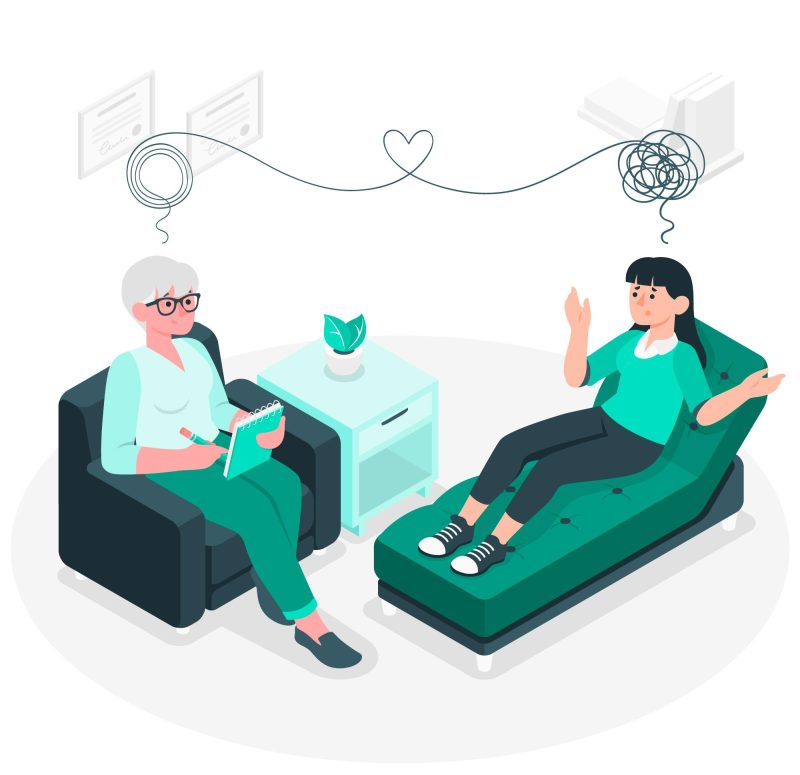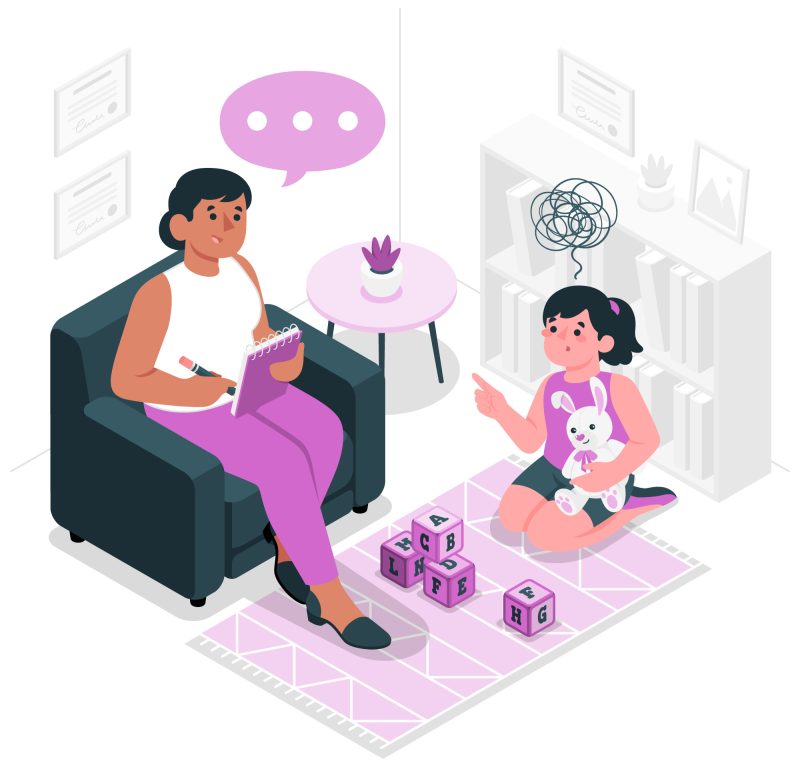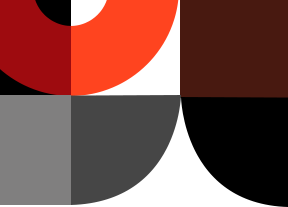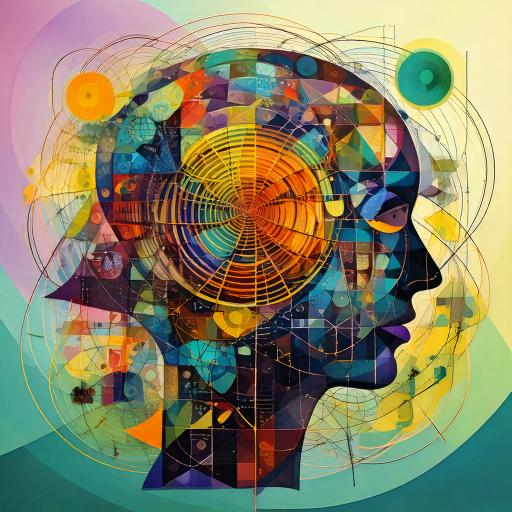Cognitive Behavioral Therapy(CBT) Certificate
Introduction and Basic Concepts (20 Hours)
- History and Development of CBT
- The Role of CBT Among Psychotherapy Types
- Cognitive Model: Basic Principles
- Behavioral Model: Basic Principles
- Scientific Basis and Effectiveness of CBT
Diagnosis and Assessment Processes (30 Hours)
- Assessment Methods in CBT
- Psychological Tests and Questionnaires
- Clinical Interview Techniques
- Case Formulation
- Goal Setting and Treatment Planning
CBT in Treating Depression (30 Hours)
- CBT for Major Depression and Dysthymia
- Working with Negative Cognitive Schemas
- Addressing Rumination and Fear of the Future
- Transforming Cognitive Distortions
- Behavioral Activation Techniques
CBT in Trauma and Post-Traumatic Stress Disorder (PTSD) (25 Hours)
- Trauma Responses and the Cognitive Model of PTSD
- Trauma-Focused CBT Approaches
- Emotional Processing and Restructuring
- Creating Safe Spaces and Emotion Regulation Techniques
Supervision and Practical Training (30 Hours)
- Real Case Analysis and Discussions
- Client Practice Sessions
- Supervision and Feedback
- Ethical Principles and Professional Boundaries
- Therapist's Own Development Process
CBT Theory and Techniques (40 Hours)
- Cognitive Structures and Schemas
- Automatic Thoughts and Dysfunctional Thinking
- Emotional, Cognitive, and Behavioral Cycles
- Basic Intervention Techniques
- Cognitive Restructuring
- Reality Testing and Alternative Thoughts
- Behavioral Activation
- Emotion Regulation and Stress Management
CBT in Treating Anxiety Disorders (30 Hours)
- Panic Disorder and Agoraphobia
- Social Anxiety Disorder
- Obsessive-Compulsive Disorder (OCD)
- Generalized Anxiety Disorder
- Phobias and CBT Applications
- Exposure Techniques
CBT in Personality Disorders (30 Hours)
- Borderline Personality Disorder
- Narcissistic and Antisocial Personality Disorders
- Working with Maladaptive Cognitive Structures and Schemas
- Integration with Schema Therapy
CBT in Group and Family Therapy (15 Hours)
- Applications of CBT in Group Therapy
- Cognitive Approaches in Family Therapy
- Behavioral Modification and Family Communication
- Group Therapy Processes and Dynamics
Final Project and Examination (10 Hours)
- Case Presentations and Project
- Certification Exam

WHO CAN OBTAIN A CBT CERTIFICATE?
Individuals interested in obtaining a Cognitive Behavioral Therapy (CBT) certificate generally need to have a certain level of education or professional background. While eligibility criteria may vary depending on the provider and country, the following groups are generally eligible for CBT certification:
1. Psychology or Psychiatry Graduates
2. Counselors
3. Social Workers
4. Other Psychotherapy-Related Professionals
5. Medical Doctors
6. Undergraduate and Graduate Students
7.Other Professionals Aspiring to Be Therapists
Requirements for Certification Programs:
- Education Level: Many programs require a bachelor's or master's degree.
- Experience: Clinical experience is often preferred, especially for supervised case studies.
- Application Criteria: Providers may ask for academic background, professional experience, and occasionally reference letters.
What Can Individuals with a CBT Certificate Do?
Those who obtain a CBT certificate can take on various professional roles in therapy and counseling. A CBT certificate equips individuals with foundational knowledge and application skills in cognitive behavioral therapy, enabling them to use these skills in psychotherapy, counseling, and related fields. Job opportunities vary based on the individual’s core professional background and work area. Here are some potential roles for those with a CBT certificate:











